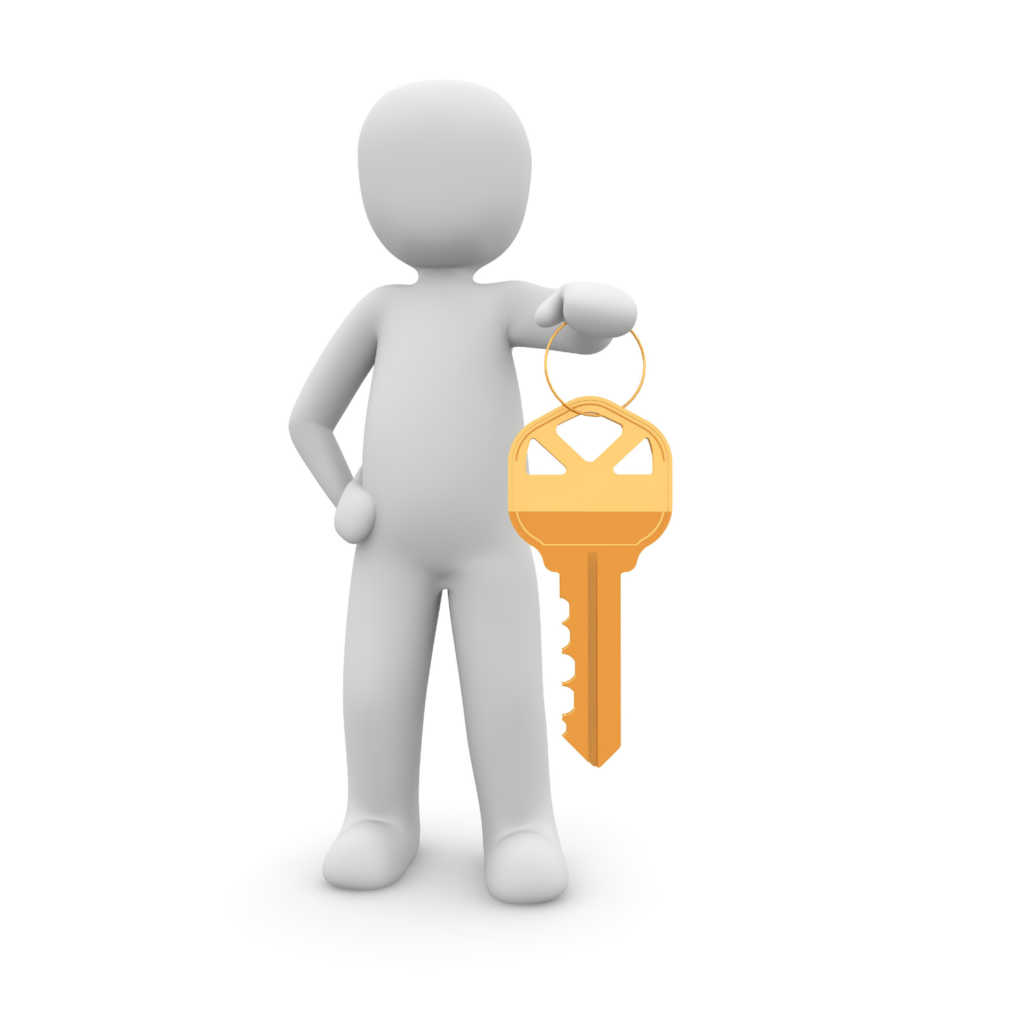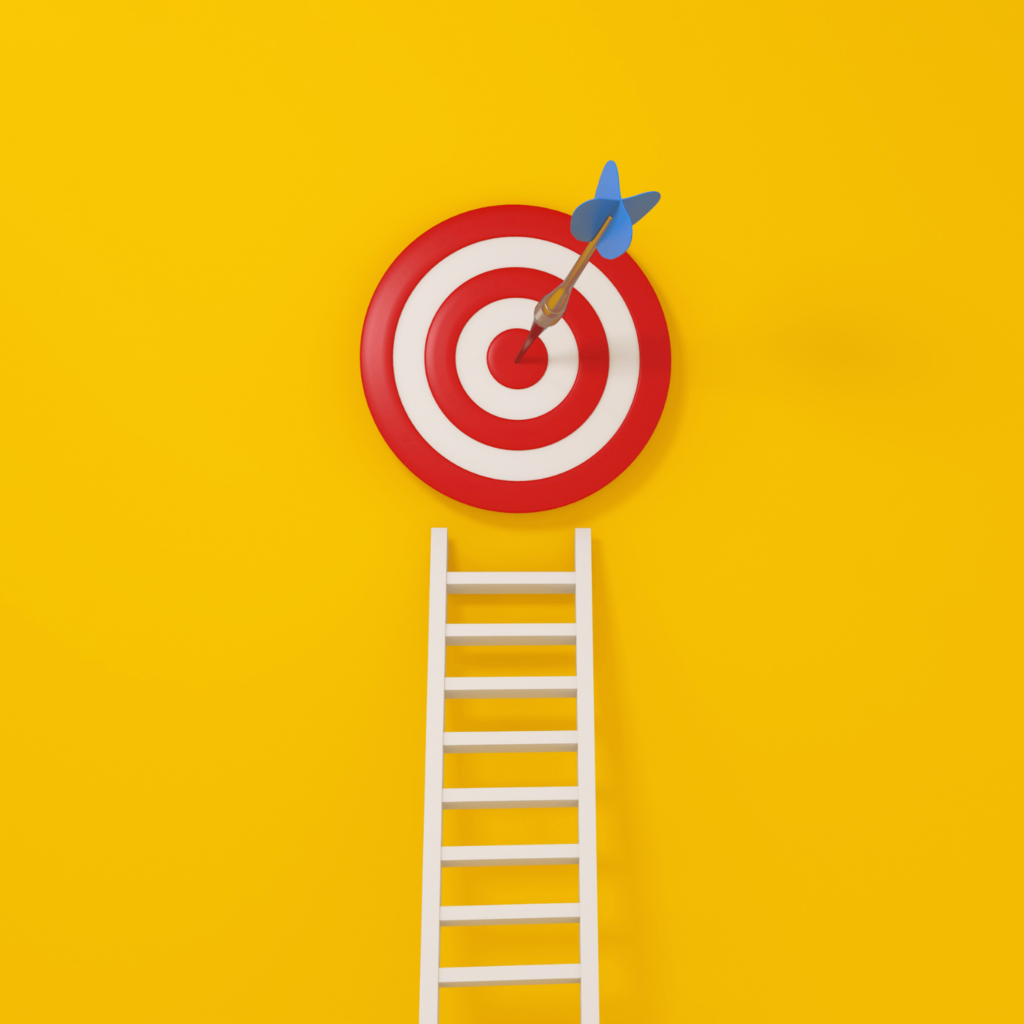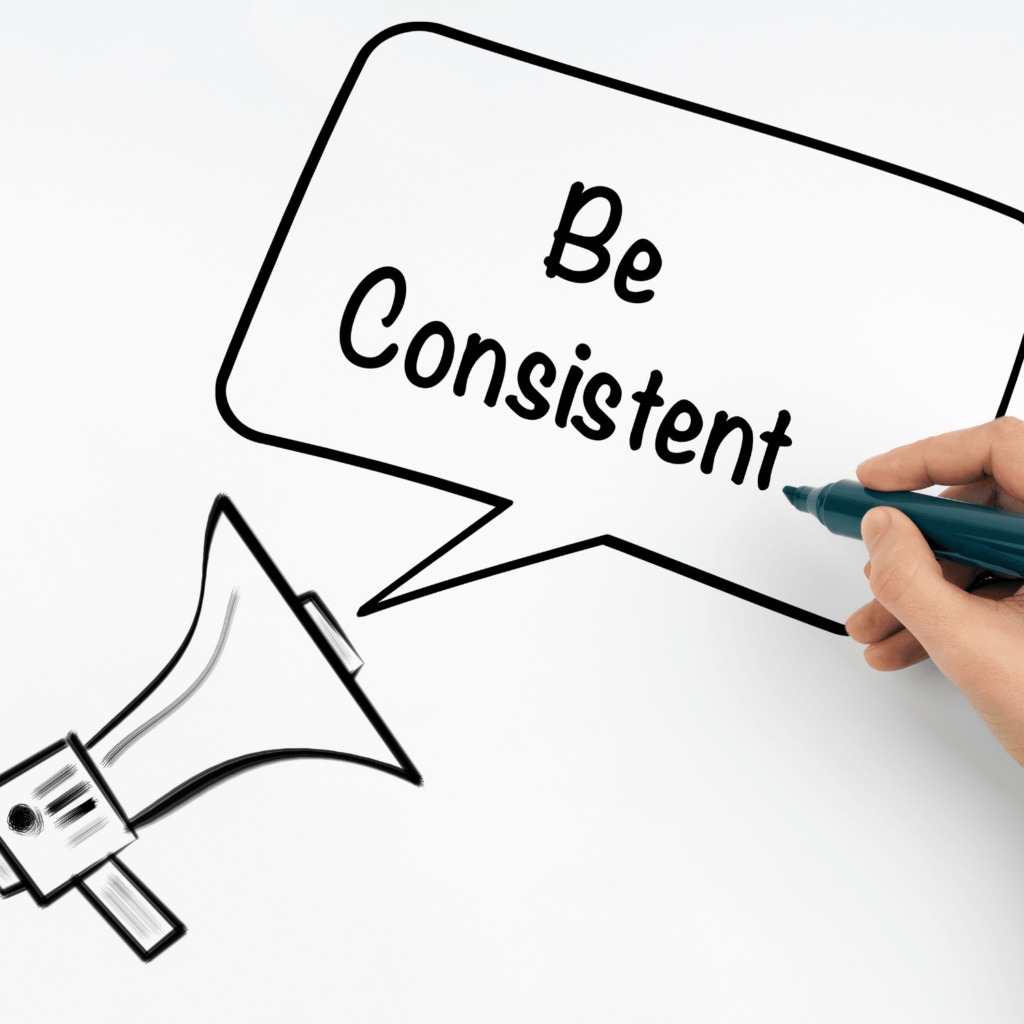
Building healthy habits is a cornerstone of personal growth and well-being, but staying consistent can be a challenge. Despite good intentions, motivation alone often falls short when life gets busy or obstacles arise. This is where accountability comes in as a powerful tool to help you follow through on your goals. Whether you’re aiming to exercise more, eat healthier, or become more productive, accountability provides the extra layer of support needed to create long-lasting change.
How to Use Accountability to Transform Habits into Success
Here’s how to use accountability effectively to ensure your habits turn into successes.
1. Understanding Accountability and Why It Matters

Accountability is the practice of taking responsibility for your actions by regularly sharing your progress with others or keeping track of it in a structured way. When you know someone else is counting on you or watching your progress, you’re more likely to stay committed. Accountability creates a sense of obligation that can override short-term temptations, helping you stick to your habits even when the motivation fades.
Research supports the power of accountability: a study by the American Society of Training and Development (ASTD) found that people have a 65% chance of completing a goal if they commit to someone, and that number jumps to 95% when they schedule regular check-ins. Accountability turns personal goals into shared goals, adding both encouragement and gentle pressure to keep you on track.
2. Choosing the Right Accountability Partner
Finding the right accountability partner can make or break your success. Ideally, you want someone who understands your goals, genuinely cares about your progress, and will be consistent in checking in with you. Here are a few types of accountability partners to consider:

Friends or Family: A supportive friend or family member can be a great choice if they’re genuinely interested in seeing you succeed and can hold you accountable in a kind but firm way.
Colleagues or Peers: For work-related or productivity goals, a colleague or peer who shares similar objectives can help you stay focused and motivated.
Online Accountability Communities: Websites and apps like Habitica, Strides, or even social media groups can connect you with people on a similar journey, providing a sense of camaraderie and motivation.
Mentor or Coach: If you’re committed to making a significant life change, investing in a mentor or coach can be highly effective. They bring expertise and a structured approach that often includes scheduled check-ins and customized guidance.
The key is to choose someone who will hold you accountable without judgment and support you without enabling excuses. Look for someone who’ll celebrate your wins but also give you a nudge when you’re falling short.
3. Setting Clear, Actionable Goals with Your Accountability Partner

Accountability works best when you have clear, actionable goals. Vague goals like “I want to exercise more” or “I want to be productive” make it hard to track progress or identify when you’re off course. Instead, set specific, measurable goals with realistic timelines. For example:
- “I will go to the gym three times a week for the next month.”
- “I will spend 30 minutes each day on focused, uninterrupted work for the next two weeks.”
Once you have your goals in place, share them with your accountability partner. Let them know what success looks like for each goal and agree on how you’ll communicate updates – whether that’s through daily text messages, weekly phone calls, or monthly check-ins. The clearer your goals, the easier it will be for your accountability partner to support you effectively.
4. Establishing Regular Check-ins for Consistency

Consistency is key when forming habits, and regular check-ins with your accountability partner help reinforce this. Decide on a frequency and format that works for both of you. For example, if your goal is to build a habit of reading daily, a quick daily text check-in might be sufficient. For bigger goals, such as training for a marathon, a weekly call or meeting may be more appropriate to discuss progress, challenges, and adjustments.
Regular check-ins offer an opportunity to reflect on what’s working and what’s not, giving you time to adjust your approach. This reflection can reveal valuable insights into your habit-forming journey and help you fine-tune your efforts for better results.
5. Leveraging Technology to Stay Accountable

In today’s digital age, technology can make accountability even easier. Here are a few tools and apps to consider:
- Habit-Tracking Apps: Apps like HabitBull, Streaks, and Loop Habit Tracker allow you to track your habits and send reminders. Some even provide features for sharing your progress with friends.
- Goal-Setting Apps: Platforms like Coach.me and StickK let you set goals, track progress, and connect with accountability partners, including professional coaches if desired.
- Group Chats or Social Media: Messaging apps like WhatsApp or platforms like Instagram can create informal accountability groups. If you’re comfortable sharing your journey, posting regular updates or progress photos on social media can add a layer of accountability.
Technology not only makes tracking easier but also adds convenience, ensuring you and your accountability partner can stay connected even if you’re in different locations.
6. Embracing Positive Reinforcement

Accountability isn’t just about discipline; it’s also about celebrating successes. Rewarding yourself for small wins along the way boosts motivation and reinforces the behavior you’re trying to build. Set up a reward system with your accountability partner. For example, if you hit your goal for a week, treat yourself to a small reward, like a favorite snack or a movie night.
Positive reinforcement creates a more enjoyable experience and reduces the feeling of restriction, making the process feel more like a journey and less like a chore. Celebrate even the small wins, as they add up and contribute to long-term success.
7. Navigating Setbacks Together

No habit journey is perfect. Life happens, and there will be days when you don’t meet your goal. Setbacks are a normal part of the process, but with an accountability partner, they don’t have to derail your progress. When setbacks occur, use your check-in as a time to discuss what went wrong, why, and how to avoid similar issues in the future.
Your accountability partner can help you reframe setbacks as learning opportunities rather than failures. Having someone to talk to about the ups and downs helps maintain perspective, reminding you that one setback doesn’t define your journey.
8. Practicing Self-Accountability

While external accountability is powerful, it’s essential to cultivate self-accountability. Building self-accountability means developing an inner commitment to your goals that goes beyond relying on others. This could involve setting up personal rewards, journaling your progress, or using self-reflection to stay motivated.
Ultimately, self-accountability helps you become more resilient. The goal is to internalize the sense of responsibility over time, so that your habits become self-sustaining, driven by a deep commitment to personal growth.
9. Reflecting on Your Progress and Adjusting as Needed

Reflection is a crucial part of any habit-building journey. Regularly take time to review your progress with your accountability partner, and consider if any adjustments are necessary. Are your goals still relevant? Is the method you’re using effective? Reflection allows you to adapt your approach if needed, making your habit-building journey more sustainable and meaningful.
Accountability isn’t a rigid system; it’s a flexible, supportive structure designed to help you achieve your best self. By reflecting on your progress and making necessary adjustments, you ensure that accountability remains a helpful tool rather than a source of pressure.
Using accountability to achieve habit success is a powerful strategy. With the right partner, clear goals, and consistent check-ins, accountability provides the structure and support needed to transform your goals into lasting habits. Remember…

With accountability on your side, you’re setting yourself up for a future of consistent growth and self-improvement.





